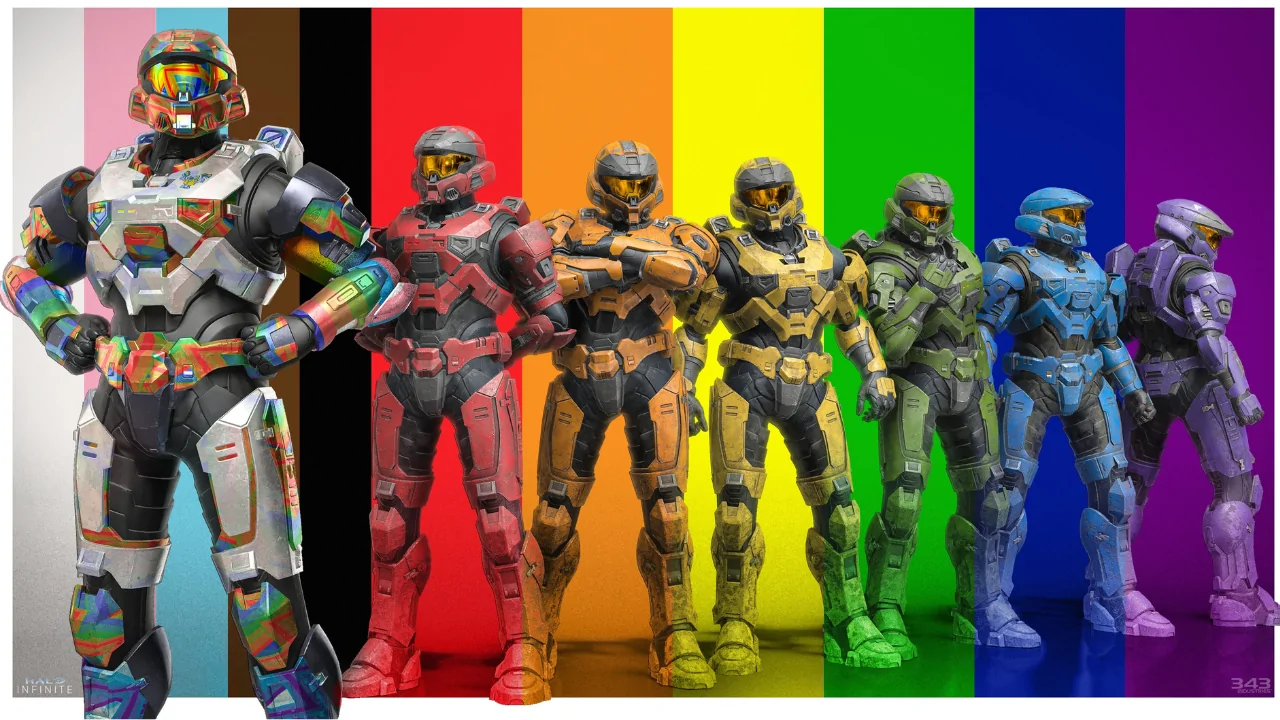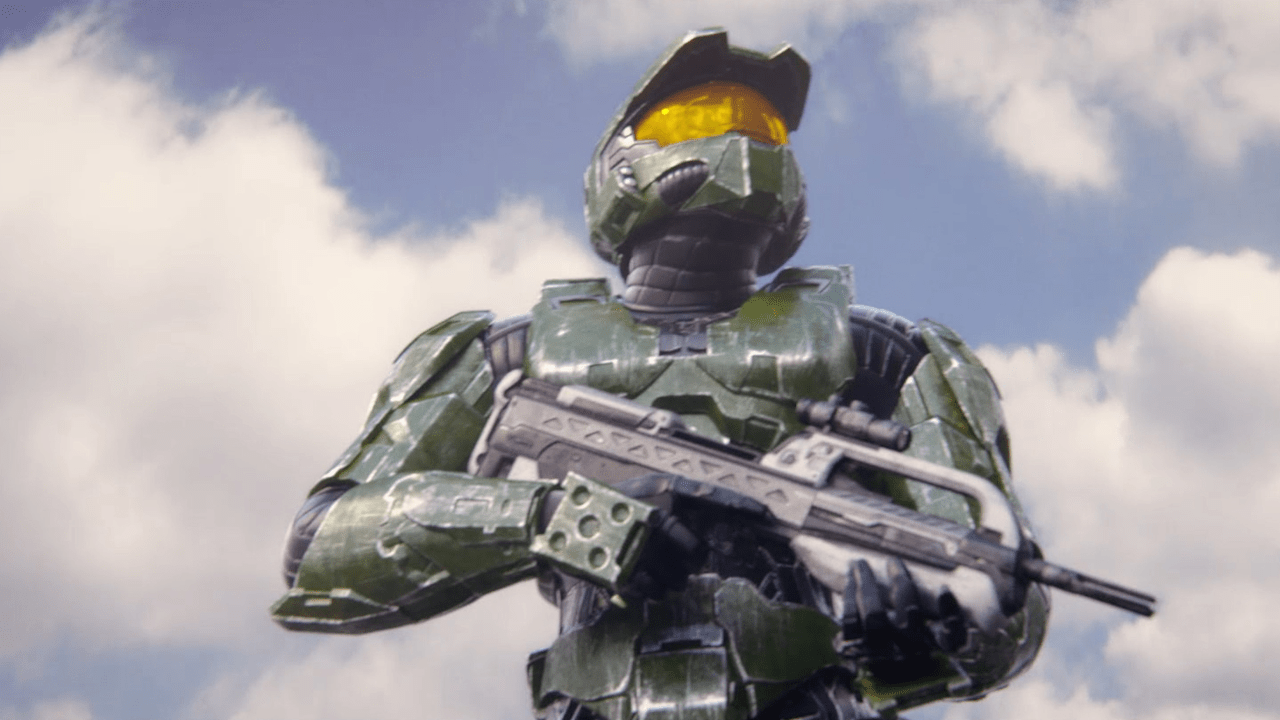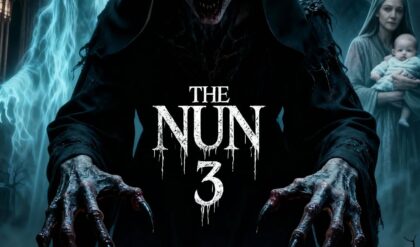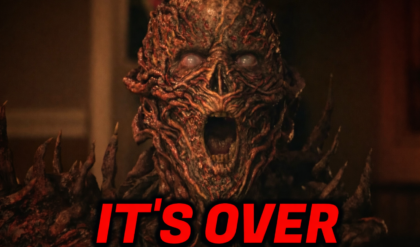
The Halo franchise, once a dominant force in the gaming industry, continues to stray further from its roots. The latest controversy? Microsoft’s Halo Studios decided to roll out not one, but two separate posts celebrating Women’s History Month, promoting in-game content themed around feminist messaging.
Rather than rallying its core audience, these posts ignited a wave of backlash from the gaming community, which has grown increasingly frustrated with the studio’s ongoing efforts to cater to an audience that seems largely uninterested in the franchise.
This #WomensHistoryMonth, we honor the women whose brilliance, drive, and creativity continue to inspire change within our industry, studio, and community.
We rise by lifting each other 💪
Log in this month to claim your Women’s History Month armor coating, visor, and emblem… pic.twitter.com/uhDwQYvacK
— Halo (@Halo) March 1, 2025
On March 1st, Halo’s official X account posted, “We honor the women whose brilliance, drive, and creativity continue to inspire change within our industry, studio, and community.”
This was followed by another post highlighting Cortana, the game’s well-known AI companion, as a symbol of inspiration for Women’s History Month.
In celebration of Women’s History Month, we salute strong female characters like Cortana, who remind us ‘you can do it’ 💪
Log in to unlock your exclusive MCC nameplate! pic.twitter.com/R6MqTH3Edc
— Halo (@Halo) March 1, 2025
The response from the fanbase was immediate, with players questioning why Halo—a series known for its intense sci-fi battles and military themes—was being used as a vehicle for corporate DEI messaging.
The Community’s Response
The backlash wasn’t just about the content of the posts, but about a growing pattern. Microsoft has routinely used Halo’s platform for similar messaging, from its annual Pride Month celebrations to Black History Month posts. While these initiatives might play well in corporate boardrooms, Halo’s traditional audience—primarily male gamers who grew up with the franchise’s gritty, battle-torn storytelling—continues to express frustration at the direction the brand has taken.

A screenshot from Halo: Combat Evolved Anniversary (2020), 343 Industries
SmashJT, a well-known gaming commentator, summed it up bluntly.
“Once upon a time, there was this beloved franchise we called Halo,” he said in his official write-up on the story. “A magical era and game experience that quickly rose to become a titan of the gaming industry… But no. Not anymore. It’s become a shell of its former self… And the things that are happening behind the scenes right now should be cause for concern for everyone.”
According to SmashJT and many other voices in the gaming community, the shift in priorities at Halo Studios has led to a decline in the franchise’s quality. The repeated focus on social messaging over gameplay innovation, combined with years of mismanagement, has left the series in a state of decline. Many fans argue that these marketing efforts alienate the very players who built Halo into the powerhouse it once was.
A Troubling Trend in Leadership
Beyond the social media posts, there are deeper concerns about the individuals now leading Halo Studios. Many of the key figures in charge seem more interested in advancing certain ideological narratives than in delivering a great gaming experience.

The LinkedIn Page for Melissa Boone – LinkedIn
One of the most criticized hires was Melissa Boone, the studio’s Chief of Staff and Head of HR, who has a history of prioritizing social initiatives over game development.
Additionally, Pamela Piscitello, previously responsible for the marketing of Firewalk Studios’ $400+ million failure Concord, has now been placed in a leadership role at Halo Studios. These hires suggest that rather than course-correcting, Microsoft is doubling down on the same strategies that have already led to failure elsewhere in the gaming industry.
The Industry’s Ongoing Struggles
This is just one example of a broader trend where major Western game studios prioritize branding and corporate messaging over actually producing high-quality games. While Halo fans have been vocal about their dissatisfaction, similar issues have plagued other franchises in recent years. Instead of learning from these failures, studios continue hiring the same figures responsible for past missteps, ensuring that the cycle repeats.

A screenshot from Halo 2: Anniversary (2020), 343 Industries
The result? A declining franchise that struggles to stay relevant, a frustrated player base that feels ignored, and an industry that seems more concerned with optics than with delivering the type of immersive, high-quality experiences that made gaming so popular in the first place.
Where Does Halo Go From Here?
If Microsoft wants Halo to reclaim its former glory, it needs to take a hard look at its priorities. The franchise wasn’t built on corporate messaging or themed cosmetics—it was built on compelling stories, innovative gameplay, and a dedicated community. The continued rejection of the franchise’s core audience will only drive Halo further into irrelevance.

A screenshot from Halo: The Master Chief Collection (2019), 343 Industries
For now, it appears that Halo Studios has no intention of changing course. As the industry grapples with mass layoffs, declining sales, and growing skepticism from consumers, the question remains: How much longer can these companies afford to ignore the very players who made their success possible?





